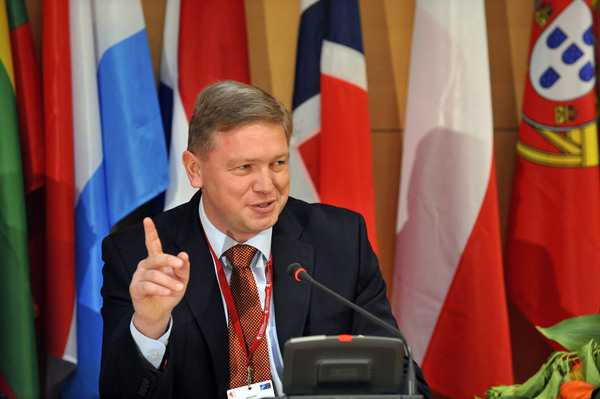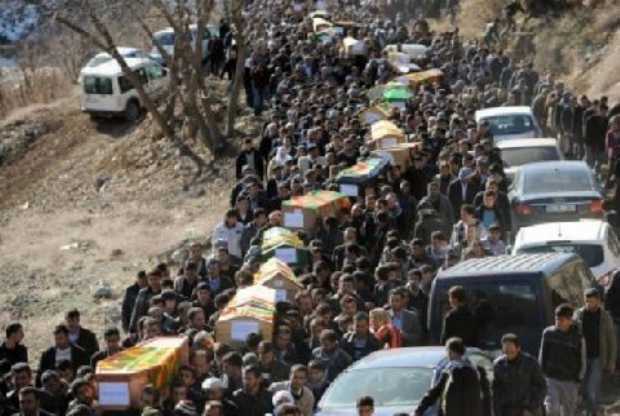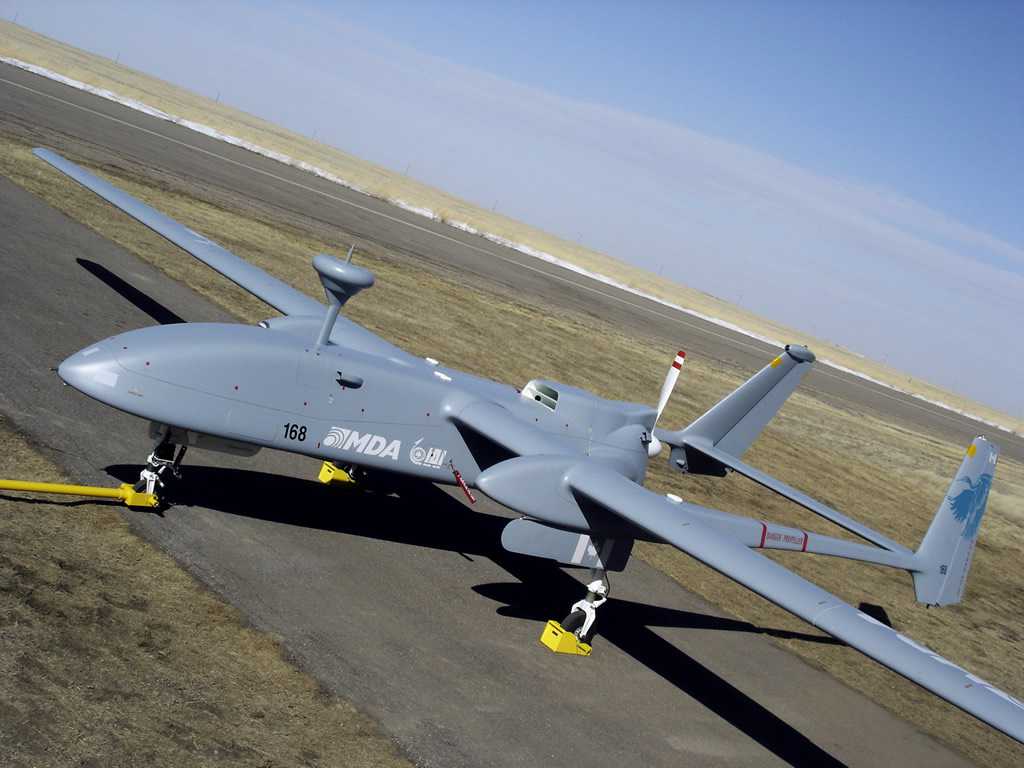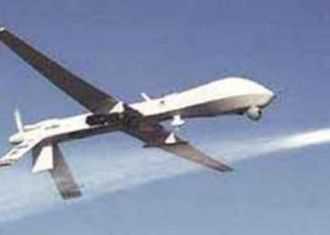ISTANBUL European Union diplomats are expressing growing concern at what they see as the increasingly militant stance taken by Turkey’s ruling Islamists.

They accuse Ankara of using probes into alleged plots against the government as a tool to jail and silence opponents and compromise the country’s secular credentials by introducing Holy Quran studies in public schools.
Other measures include lowering the age at which parents can send their children to Islamic religious schools, increasing pressure on those criticising Islam and restricting abortion.
Turkish authorities accuse the so-called Ergenekon network of being behind several plots to overthrow the government of Prime Minister Recep Tayyip Erdogan.
Dozens of retired or serving senior military figures, intellectuals, lawyers and journalists put behind bars.
On Thursday Stefan Fuele, European commissioner for enlargement, cited this and other obstacles in the way of Turkey’s membership bid while in Istanbul for talks.
“I have used this meeting to convey our concerns about the increasing detention of lawmakers, academics and students and the freedom of press and journalists,” he said.
Changes due to take effect when the new academic year starts this autumn will also have ruffled feathers. The Islamist-rooted ruling Justice and Development Party (AKP) government is introducing Holy Quran lessons.
And from the end of primary school, more parents will be able to opt out of the secular education system and send their children to Islamic religious schools. Previously these schools could not recruit children under the age of 15: now children as young as 11 will be allowed to attend.
There is concern too over plans by state broadcaster TRT to launch a religious channel and proposals for prayer rooms in newly built public buildings such as creches, theatres and even opera houses.
“A series of recent moves show that the conservative tendency has the upper hand and faces no opposition,” said Marc Pierini, a former head of the EU diplomatic team in Turkey.
“Civil society exists, but it is hardly audible,” said one Ankara-based diplomat.
“The media are for the most part directly or indirectly controlled by the AKP and the opposition is powerless,” the diplomat added.
Plans to restrict the abortion laws and other moves that critics say will would make Islam a more visible part of daily life are added areas of concern.
Comments last month by Prime Minister Recep Tayyip Erdogan, in which he compared abortion to a botched attack by the military that killed 34 civilians last December, brought a sharp response from a senior EU diplomat.
Erdogan had said of abortion: “You either kill a baby in the mother’s womb or you kill it after birth. There’s no difference.”
And in a emotive reference to the attack in Uludere, in which Turkish warplanes killed civilians they had mistaken for Kurdish separatists, he said “every abortion is an Uludere.”
“Some politicians made comparisons that are not appropriate,” Ambassador Jean-Maurice Ripert, head of the EU delegation in Turkey, told journalists.
Agence France Presse
via Oman Tribune – the edge of knowledge.



